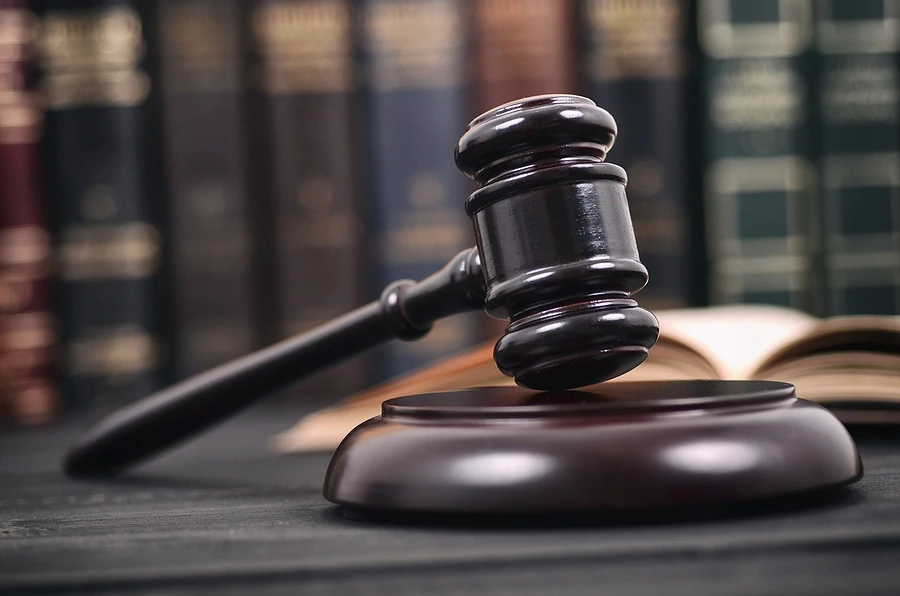The Process of Filing a Personal Injury Lawsuit in Florida

Navigating the process of filing a personal injury lawsuit in Florida can be complex. Understanding each step can help you manage your case effectively and increase your chances of a favorable outcome. Here’s a detailed guide to the process of filing a personal injury lawsuit in Florida.
Initial Steps After an Injury
- Seek Medical Attention: Before considering legal action, ensure you receive appropriate medical care for your injuries. This not only addresses your health needs but also creates important documentation of your injuries.
- Document the Incident: Collect evidence related to the accident, including photographs, witness statements, and any police reports. This documentation is crucial for building a strong case.
Consulting with a Personal Injury Attorney
- Choose an Experienced Attorney: Select an attorney who specializes in personal injury law and has experience handling cases similar to yours. An attorney can provide guidance on the viability of your case and help you understand your legal options.
- Initial Consultation: During the consultation, discuss the details of your case, including the evidence you’ve gathered, the extent of your injuries, and any potential liability issues. The attorney will assess the merits of your case and advise you on the next steps.
Investigation and Preparation
- Gather Evidence: Your attorney will conduct a thorough investigation to gather additional evidence, which may include obtaining medical records, interviewing witnesses, and consulting with experts.
- Calculate Damages: Work with your attorney to determine the full extent of your damages. This includes medical expenses, lost wages, pain and suffering, and other related costs.
Filing the Complaint
- Drafting the Complaint: Your attorney will prepare a legal document called a complaint, which outlines your allegations, the facts of the case, and the damages you are seeking.
- Filing the Complaint: The complaint is filed with the appropriate Florida court. This initiates the legal process and formally starts your lawsuit. The defendant (the party you’re suing) will be served with a copy of the complaint.
Discovery Phase
- Exchange of Information: Both parties will engage in discovery, a process where they exchange information relevant to the case. This may include written interrogatories, depositions, and requests for documents.
- Depositions: During depositions, witnesses, including the parties involved, may be questioned under oath. These depositions help gather detailed testimony and evidence.
Pre-Trial Motions and Settlement Negotiations
- Pre-Trial Motions: Either party may file pre-trial motions to resolve specific legal issues or to dismiss the case. These motions can affect the course of the litigation.
- Settlement Negotiations: Many personal injury cases are settled before going to trial. Your attorney will negotiate with the defendant’s insurance company or legal team to reach a settlement that compensates you fairly for your damages.
Trial
- Preparing for Trial: If a settlement cannot be reached, your case will proceed to trial. Your attorney will prepare by organizing evidence, developing arguments, and planning witness testimony.
- Trial Proceedings: During the trial, both parties present their evidence and arguments before a judge or jury. The trial includes opening statements, witness testimony, cross-examinations, and closing arguments.
- Verdict: After all evidence and arguments are presented, the judge or jury will render a verdict. If you win, the court will award damages based on the evidence and arguments presented.
Post-Trial Motions and Appeals
- Post-Trial Motions: After the trial, either party may file post-trial motions to request a new trial or challenge the verdict. These motions address specific legal or procedural issues.
- Appeals: If either party believes there were legal errors in the trial, they may file an appeal. An appellate court reviews the trial proceedings to determine if any errors affected the outcome.
Collecting the Judgment
- Enforcement of Judgment: If you win your case, the defendant is required to pay the awarded damages. In some cases, collecting the judgment can be challenging, and additional legal steps may be necessary to enforce the payment.
Consulting with Your Attorney
- Continued Guidance: Throughout the entire process, maintain regular communication with your attorney. They will provide updates, answer your questions, and ensure you understand each step of the legal process.
Conclusion
Filing a personal injury lawsuit in Florida involves several key steps, from initial consultation to potential post-trial motions. Understanding this process can help you navigate your case more effectively and work towards obtaining the compensation you deserve. Consulting with a knowledgeable attorney is essential to guide you through each stage and advocate for your interests throughout the legal proceedings.
